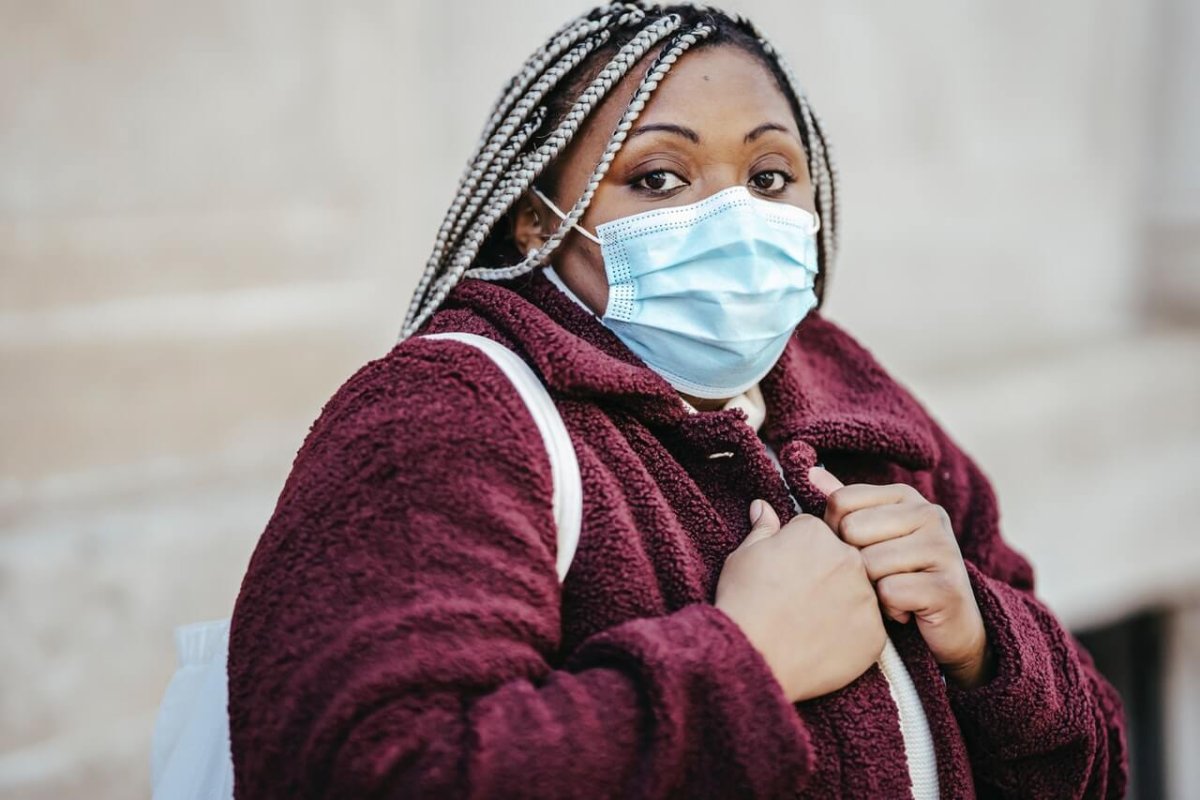Long COVID

In most cases, COVID-19 is a relatively short-lived illness. In mild cases, people tend to recover within a couple of weeks, while more severe cases may take much longer. In some cases there may be lingering symptoms, such as breathlessness, fatigue, aches and pains, blood pressure changes, and sleep disturbances, which can last for several months after the initial infection. It is important that you visit your GP if you are experiencing ongoing difficulties; they can then carry out an examination and consider other possible underlying health issues which might need urgent treatment.
These longer-lasting symptoms are being referred to as Post COVID-19 Syndrome by clinicians; you may have heard this also referred to as ‘long COVID’. Guidance regarding the definition and management of long COVID has been developed as a ‘living document’, which means that it will be reviewed and updated as more evidence becomes available. NHS Inform provides information on long COVID and how to manage it, which you can find here.
It is common to experience fatigue following an infection like COVID-19; it is part of your body’s natural recovery response. You may feel exhausted, unsteady on your feet, and you may experience a general ‘brain fog’ which includes difficulties in concentrating or remembering things, or a general lack of sharpness. These all come about as your body diverts its resources towards recuperating from the impact COVID-19 has had on it.
The impact of long COVID varies from person-to-person. What you experience may be quite different to what somebody else is experiencing. Don’t underestimate the psychological impact that your symptoms may have on you. For example, if you have lost your sense of taste/smell for an extended period of time you are likely to find this particularly frustrating or disheartening. If you are usually quite active, a slow physical recovery is likely to have an impact on your mood and leave you wondering when you will be back to your “old self”. If you find that your mood is low or you are feeling anxious about your situation take a look at our wellbeing apps: Daylight can help you manage your anxiety, while Silvercloud can help you with low mood. Use them to support you through this difficult time.
There is often stigma associated with long COVID. Initially long COVID wasn’t recognised, however our understanding of COVID and long COVID has developed considerably and services are now better equipped to support you. It is important that you recognise any feelings of guilt, shame or worthlessness that you are experiencing because you have been unwell and have been unable to work. It is worth reminding yourself that it will take time to adjust to the changes that you are experiencing.
Returning to work, going at a slower pace, and being unable to do certain tasks is going to feel difficult. In some cases having to reduce your hours, change your job or stop working altogether is going to have an impact, not just on your finances, but on how you feel about yourself and your self-identity. Try to be kind to yourself and recognise that self-criticism will not be helpful. It is not your fault that your symptoms have persisted. Have a look at our Tips for Managing long COVID for advice on how to cope with the long-term impact.
If you are experiencing financial difficulties due to the impact of long COVID on your ability to work you may find it helpful to speak to your HR department or seek financial advice. Additionally, our Financial Wellbeing page has a range of resources that you might find helpful.
If you are returning to work, you may find this guidance from The Society of Occupational Medicine helpful.

Welcome to the Hub. We hope you’ll find the support you’re looking for. To help us improve the site and make it relevant to you, please take a minute to answer a few quick questions. Thank you.
Give us feedback






